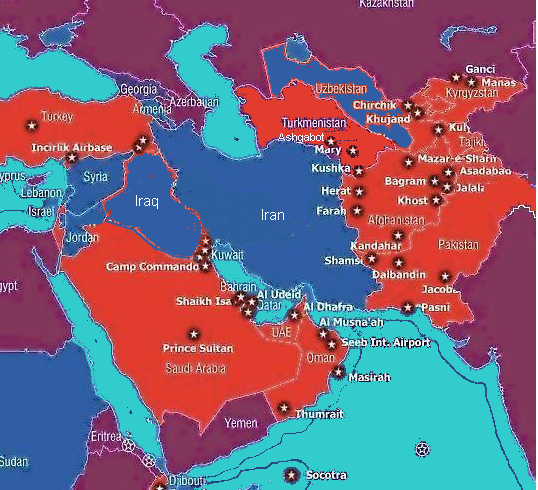http://www.telegraph.co.uk/news/worl...-Cold-War.html
I remember EJ talking about the possablity of a new Cold war, but this seems differnet. I sense the British (West) has blinked...."They" are NOT going to attack Iran, they might hassle Syria but i think that might cool as well.....
Mike
I remember EJ talking about the possablity of a new Cold war, but this seems differnet. I sense the British (West) has blinked...."They" are NOT going to attack Iran, they might hassle Syria but i think that might cool as well.....
Mike

Comment